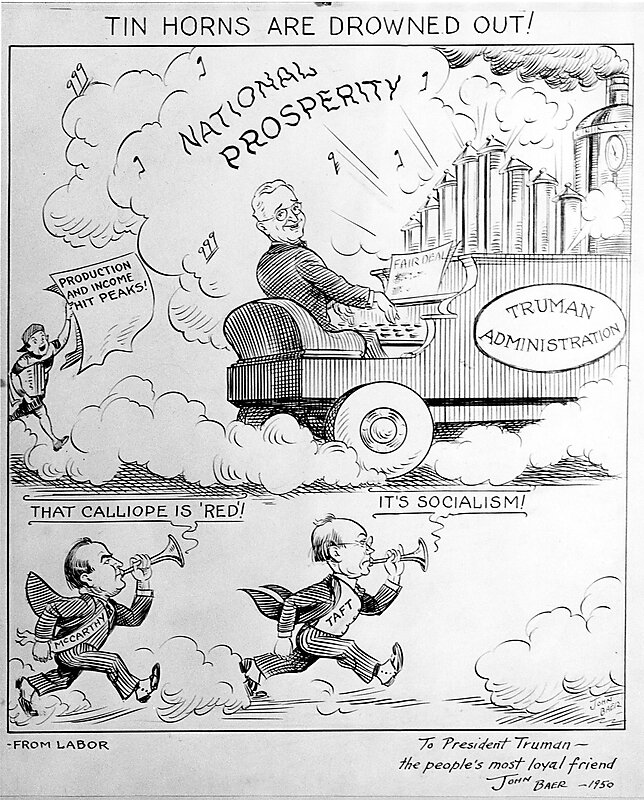Payments amounting to $600 will soon need to be reported to the government, but the Internal Revenue Service (IRS) announced that it will be postponing the implementation of the reporting requirement for one year. Although the requirement is not quite as invasive as when Congress was considering enacting surveillance on bank accounts with $600 in yearly activity, it’s not far off.
Acting IRS Commissioner Doug O’Donnell said, “The IRS and Treasury heard a number of concerns regarding the timeline of implementation of these changes under the American Rescue Plan. … The additional time will help reduce confusion during the upcoming 2023 tax filing season and provide more time for taxpayers to prepare and understand the new reporting requirements.”
Confusion over the implementation may be the reason cited, but the real problem is how intrusive this requirement is. Previously, the law only required reports to be made (via form 1099‑K) if an individual received more than 200 transactions that amounted to more than $20,000. Now, thanks to the American Rescue Plan Act of 2021, a single $600 payment or any combination of payments that add up to $600 in a year (e.g., ten $60 payments) will trip the requirements just the same.
In fact, the real confusion has been centered around just how this style of surveillance can be considered constitutional. Many have been left asking, “Why don’t Americans have stronger financial privacy rights?”
Unfortunately, laws, regulations, Supreme Court decisions, and even inflation have consistently chipped away at financial privacy for over 50 years. As I explained in a recent paper, even a law titled the “Right to Financial Privacy Act” failed to really deliver the level of privacy Americans should have—notably, the level most Americans thought the Constitution provided.
Americans may have a year to relax, but Congress should take this time to fix the issue. Not only should the reporting requirement be repealed to lessen the burden on Americans, but also more fundamental reforms should be enacted to establish financial privacy protections that Americans should have had from the beginning.




